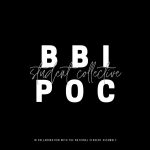 The BBIPOC PT Student Collective
The BBIPOC PT Student Collective
The BBIPOC PT Student Collective is a new initiative in collaboration with the National Student Assembly of CPA. The collective aims to provide platforms to amplify and empower students who are Black, Brown, Indigenous and other racialized identities to grow as clinicians, share their lived experiences and connect with one another while under the mentorship of practicing physiotherapists who are also BBIPOC. The collective is committed in addressing and continuing the dialogue around bias, racism and disparities which exist in health systems including physiotherapy.
Are our words as healing as our touch? Exploring the need for culturally sensitive communication in physiotherapy
An informal discussion around cultural safety and the importance of using inclusive language within our practice, highlighting students’ perspectives on how this can be better integrated in the current program/curriculum. This discussion will be led by Tony Li and Marquise Swaby, co-chairs of the BBIPOC PT Student Collective.
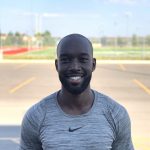 Marquise Swaby is a Physiotherapy Resident working in the Vaughan area. His passion to provide services to the community can be traced back to before his pursuance of a master’s degree. Through his education and involvement with organizations within the community, Marquise has found fulfillment in promoting health and providing empowerment to individuals. Having completed his Bachelors degree in Georgia, Marquise has seen and experienced the underrepresentation and prejudice against people of colour within the work field and community. As a young Canadian-Jamaican, Marquise sees the importance of addressing the issue of racism through dialogue and education. Therefore, he seeks to provide platforms where all students and clinicians can participate, listen, take action, and self-reflect on their own prejudices and opinions regarding anti-racism and allyship. He hopes to see a future with more representation, opportunities, and appreciation for the BBIPOC students, clinicians, and communities.
Marquise Swaby is a Physiotherapy Resident working in the Vaughan area. His passion to provide services to the community can be traced back to before his pursuance of a master’s degree. Through his education and involvement with organizations within the community, Marquise has found fulfillment in promoting health and providing empowerment to individuals. Having completed his Bachelors degree in Georgia, Marquise has seen and experienced the underrepresentation and prejudice against people of colour within the work field and community. As a young Canadian-Jamaican, Marquise sees the importance of addressing the issue of racism through dialogue and education. Therefore, he seeks to provide platforms where all students and clinicians can participate, listen, take action, and self-reflect on their own prejudices and opinions regarding anti-racism and allyship. He hopes to see a future with more representation, opportunities, and appreciation for the BBIPOC students, clinicians, and communities.
 Tony Li received his Master’s of Physical Therapy degree from Western University. Prior to that, he graduated from McMaster University with an Honours Bachelor of Science in Kinesiology. His desire to become a physiotherapist stemmed from his participation in high-level soccer throughout his youth. From experiences with the provincial, national, and university levels, he developed an understanding for the importance of being a role model within the community. He believes that understanding the individuality of each person and the context of their lives is crucial to how we as physiotherapists address health, wellness, and rehabilitation. As a POC and immigrant, Tony has experienced racism, stereotypes, prejudice starting at a young age. He believes that the best way to move forward as a society about these issues is to have conversations and self-reflections in order to fully understand the situation and progress to making long term and permanent changes. Tony wants to spread the message that creating social change is a marathon, and it needs to continue.
Tony Li received his Master’s of Physical Therapy degree from Western University. Prior to that, he graduated from McMaster University with an Honours Bachelor of Science in Kinesiology. His desire to become a physiotherapist stemmed from his participation in high-level soccer throughout his youth. From experiences with the provincial, national, and university levels, he developed an understanding for the importance of being a role model within the community. He believes that understanding the individuality of each person and the context of their lives is crucial to how we as physiotherapists address health, wellness, and rehabilitation. As a POC and immigrant, Tony has experienced racism, stereotypes, prejudice starting at a young age. He believes that the best way to move forward as a society about these issues is to have conversations and self-reflections in order to fully understand the situation and progress to making long term and permanent changes. Tony wants to spread the message that creating social change is a marathon, and it needs to continue.
For more information on how to get involved, e-mail bbipocstudentcollective@gmail.com
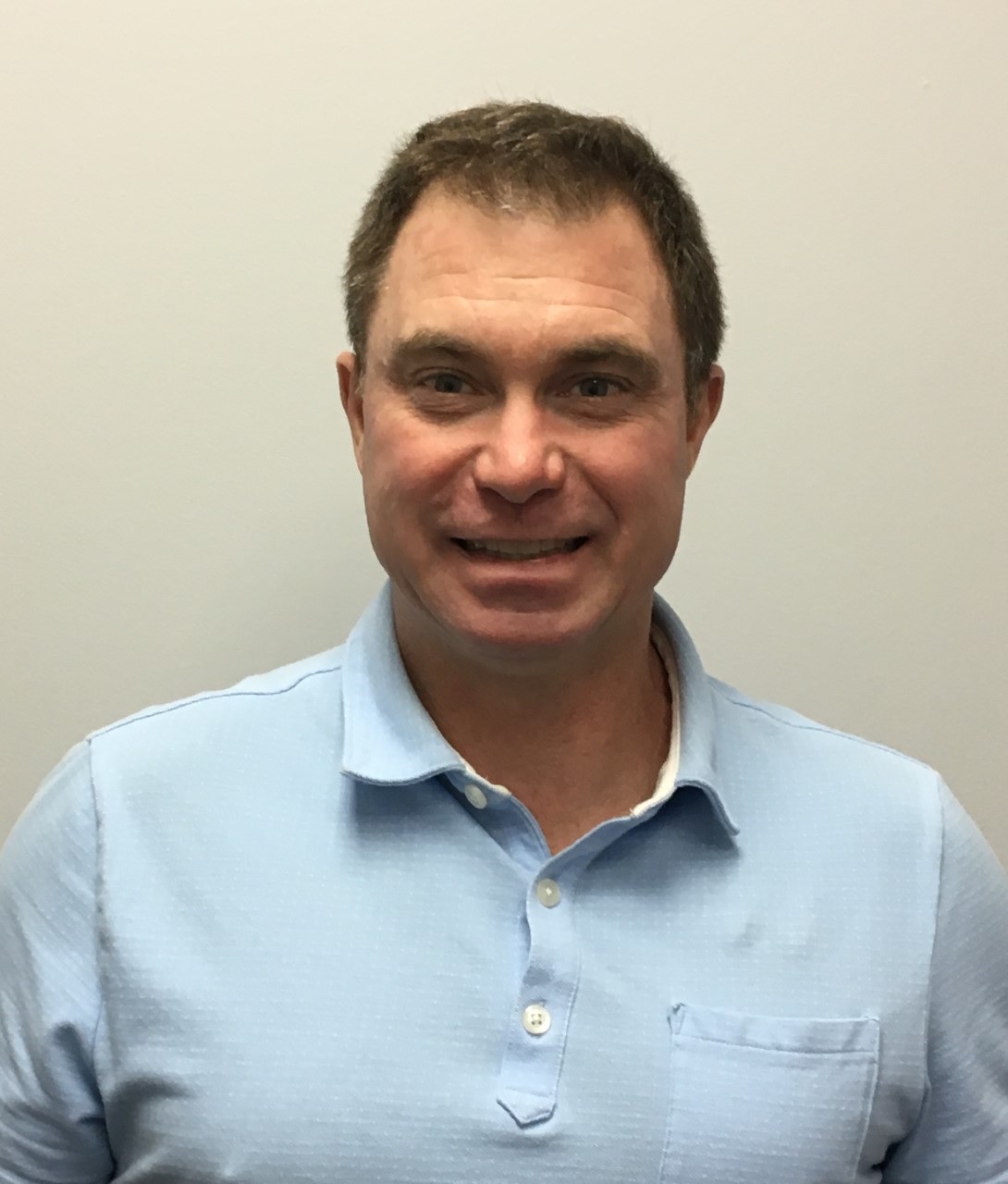 Terry is a mentor, instructor, and examiner in the AIM system. He works full time in private practice at D’Arcy Bain Physiotherapy and teaches part time at the University of Manitoba and Western University. When COVID is behind us, he looks most forward to travelling with his family and watching his daughter play high level volleyball.
Terry is a mentor, instructor, and examiner in the AIM system. He works full time in private practice at D’Arcy Bain Physiotherapy and teaches part time at the University of Manitoba and Western University. When COVID is behind us, he looks most forward to travelling with his family and watching his daughter play high level volleyball.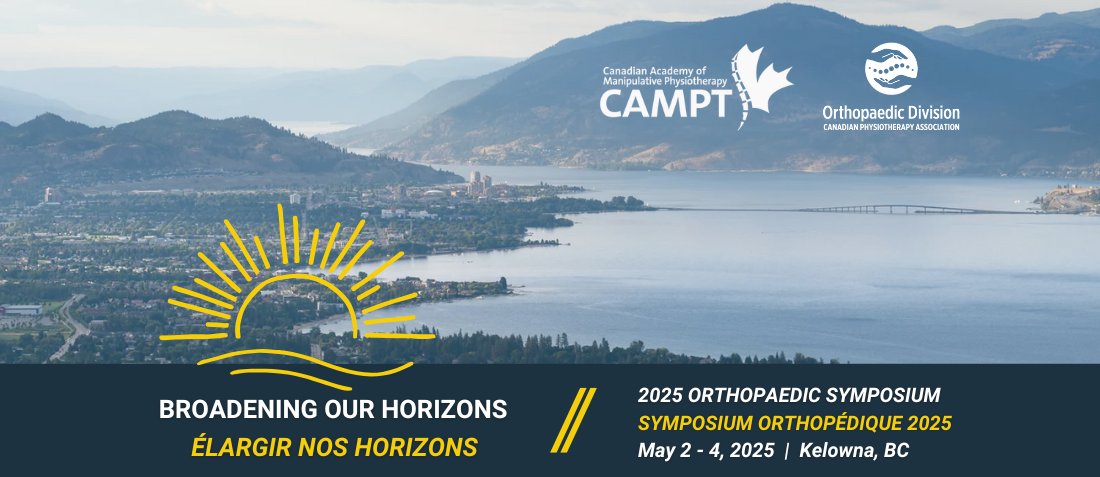
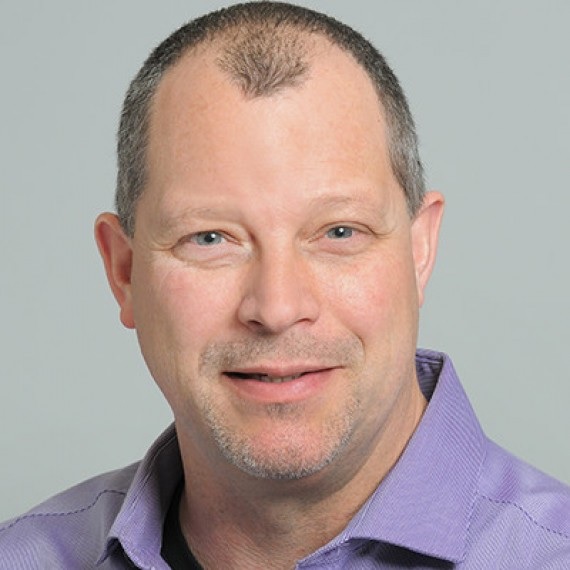 Greg is an adjunct clinical professor and lecturer in the Kinesiology Faculty and School of Physical Therapy at Western. He is an examiner and mentor in the Canadian Physiotherapy Association’s Orthopaedic level system, and clinical instructor in Western’s MCISc program. Greg is the Clinical and Research Coordinator for the Physiotherapy Department at the Fowler Kennedy Sport Medicine Clinic, a Fellow of the Canadian Academy of Manual Physical Therapists. Greg’s graduate work was focused on foot and ankle injuries, prognosis, prediction and evaluating outcomes. His 20 plus years clinical practice in this area has shaped a clinically relevant and practical perspective to this topic of foot and ankle injuries.
Greg is an adjunct clinical professor and lecturer in the Kinesiology Faculty and School of Physical Therapy at Western. He is an examiner and mentor in the Canadian Physiotherapy Association’s Orthopaedic level system, and clinical instructor in Western’s MCISc program. Greg is the Clinical and Research Coordinator for the Physiotherapy Department at the Fowler Kennedy Sport Medicine Clinic, a Fellow of the Canadian Academy of Manual Physical Therapists. Greg’s graduate work was focused on foot and ankle injuries, prognosis, prediction and evaluating outcomes. His 20 plus years clinical practice in this area has shaped a clinically relevant and practical perspective to this topic of foot and ankle injuries.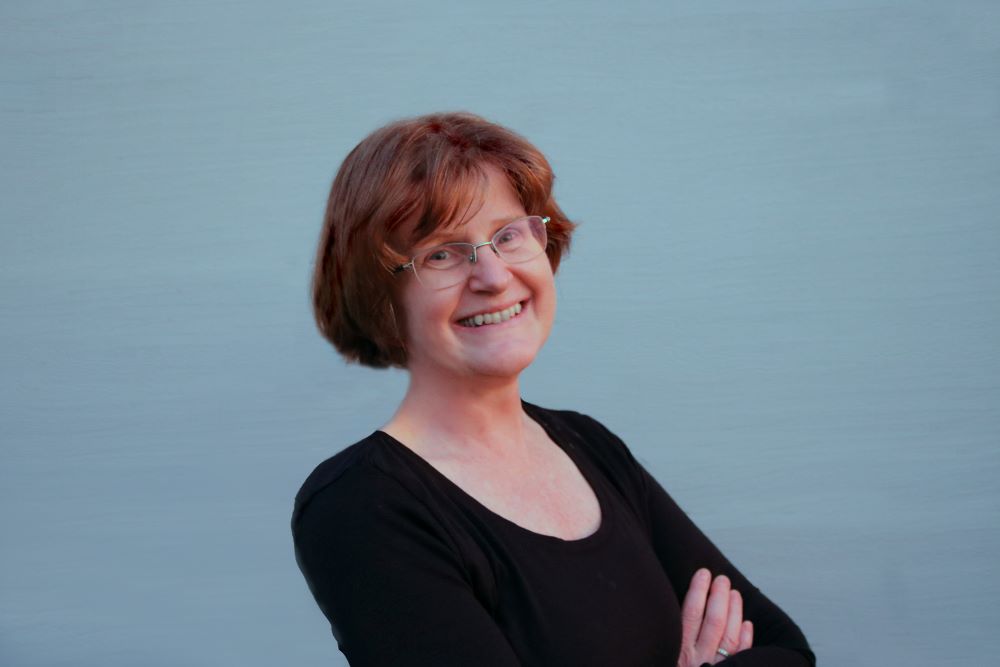 Anita Gross is a clinician-scientist, educator, and orthopaedic manipulative physical therapist (OMPT). She received a BScPT from U of T (1984), a Graduate Diploma in Manipulative Therapy from Curtain University Australia (1987), Diploma of Advanced Manual and Manipulative Therapy and FCAMPT (1990), a Masters from McMaster University (1994), and the Lifetime Membership Award from CAMPT (2019). She is an Associate Clinical Professor at McMaster University, the coordinator of the OMPT field of study in Rehabilitation Sciences at McMaster University. She is also a lecturer at Western and the Orthopaedic Division of CPA. Her research focus is on Neck Pain and TMJ. She coordinates two research groups: 1) the Cervical Overview Group (11 Cochrane and 4 other systematic reviews on neck pain) and 2) the Head and Neck, Arm, Hand Research Group. She has 120 peer reviewed publications, has been Principal/co-investigator on 30 grants and has been an invited speaker at 20 international events. Her clinical work focuses on the TMJ, neck and spine care. She was a member of the international consensus panel for a TMJ Delphi study and the APTA Neck Pain Clinical Practice Guidelines 2017 update.
Anita Gross is a clinician-scientist, educator, and orthopaedic manipulative physical therapist (OMPT). She received a BScPT from U of T (1984), a Graduate Diploma in Manipulative Therapy from Curtain University Australia (1987), Diploma of Advanced Manual and Manipulative Therapy and FCAMPT (1990), a Masters from McMaster University (1994), and the Lifetime Membership Award from CAMPT (2019). She is an Associate Clinical Professor at McMaster University, the coordinator of the OMPT field of study in Rehabilitation Sciences at McMaster University. She is also a lecturer at Western and the Orthopaedic Division of CPA. Her research focus is on Neck Pain and TMJ. She coordinates two research groups: 1) the Cervical Overview Group (11 Cochrane and 4 other systematic reviews on neck pain) and 2) the Head and Neck, Arm, Hand Research Group. She has 120 peer reviewed publications, has been Principal/co-investigator on 30 grants and has been an invited speaker at 20 international events. Her clinical work focuses on the TMJ, neck and spine care. She was a member of the international consensus panel for a TMJ Delphi study and the APTA Neck Pain Clinical Practice Guidelines 2017 update.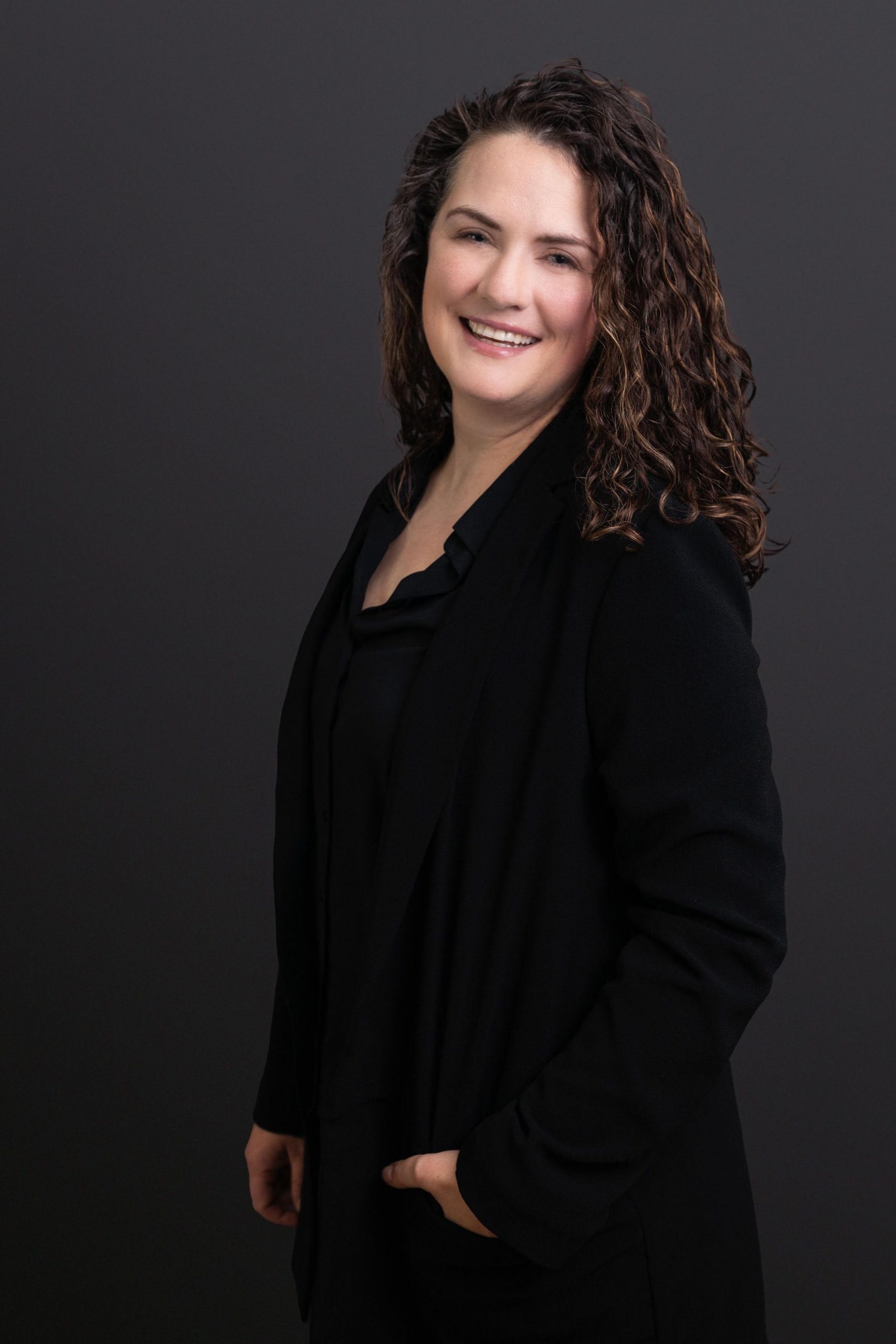 Blayne graduated from the University of Saskatchewan in 2007 and began clinical practice in Saskatoon. In 2012, she completed her MClSc at Western University and obtained her FCAMPT credentials. In 2019, Blayne became an instructor in AIM for the National Orthopaedic Division (NOD) of the CPA. She also has been a clinical mentor for AIM, Western University and University of British Columbia. She is the past Vice-Chair and Secretary of the NOD, and past Senior Editor of the Orthopaedic Division Review. She is currently Chair of the NOD Adjunct Education Committee and sits on the Manual Therapy Steering Committee of the CPA. Blayne has a special interest in temporomandibular dysfunction, orofacial and craniofacial pain, and was a co-author of the TMJ clinical chapter for the AIM manuals. She has also assisted in the TMJ lab at the School of Dentistry at the University of Alberta.
Blayne graduated from the University of Saskatchewan in 2007 and began clinical practice in Saskatoon. In 2012, she completed her MClSc at Western University and obtained her FCAMPT credentials. In 2019, Blayne became an instructor in AIM for the National Orthopaedic Division (NOD) of the CPA. She also has been a clinical mentor for AIM, Western University and University of British Columbia. She is the past Vice-Chair and Secretary of the NOD, and past Senior Editor of the Orthopaedic Division Review. She is currently Chair of the NOD Adjunct Education Committee and sits on the Manual Therapy Steering Committee of the CPA. Blayne has a special interest in temporomandibular dysfunction, orofacial and craniofacial pain, and was a co-author of the TMJ clinical chapter for the AIM manuals. She has also assisted in the TMJ lab at the School of Dentistry at the University of Alberta. The BBIPOC PT Student Collective
The BBIPOC PT Student Collective Marquise Swaby is a Physiotherapy Resident working in the Vaughan area. His passion to provide services to the community can be traced back to before his pursuance of a master’s degree. Through his education and involvement with organizations within the community, Marquise has found fulfillment in promoting health and providing empowerment to individuals. Having completed his Bachelors degree in Georgia, Marquise has seen and experienced the underrepresentation and prejudice against people of colour within the work field and community. As a young Canadian-Jamaican, Marquise sees the importance of addressing the issue of racism through dialogue and education. Therefore, he seeks to provide platforms where all students and clinicians can participate, listen, take action, and self-reflect on their own prejudices and opinions regarding anti-racism and allyship. He hopes to see a future with more representation, opportunities, and appreciation for the BBIPOC students, clinicians, and communities.
Marquise Swaby is a Physiotherapy Resident working in the Vaughan area. His passion to provide services to the community can be traced back to before his pursuance of a master’s degree. Through his education and involvement with organizations within the community, Marquise has found fulfillment in promoting health and providing empowerment to individuals. Having completed his Bachelors degree in Georgia, Marquise has seen and experienced the underrepresentation and prejudice against people of colour within the work field and community. As a young Canadian-Jamaican, Marquise sees the importance of addressing the issue of racism through dialogue and education. Therefore, he seeks to provide platforms where all students and clinicians can participate, listen, take action, and self-reflect on their own prejudices and opinions regarding anti-racism and allyship. He hopes to see a future with more representation, opportunities, and appreciation for the BBIPOC students, clinicians, and communities. Tony Li received his Master’s of Physical Therapy degree from Western University. Prior to that, he graduated from McMaster University with an Honours Bachelor of Science in Kinesiology. His desire to become a physiotherapist stemmed from his participation in high-level soccer throughout his youth. From experiences with the provincial, national, and university levels, he developed an understanding for the importance of being a role model within the community. He believes that understanding the individuality of each person and the context of their lives is crucial to how we as physiotherapists address health, wellness, and rehabilitation. As a POC and immigrant, Tony has experienced racism, stereotypes, prejudice starting at a young age. He believes that the best way to move forward as a society about these issues is to have conversations and self-reflections in order to fully understand the situation and progress to making long term and permanent changes. Tony wants to spread the message that creating social change is a marathon, and it needs to continue.
Tony Li received his Master’s of Physical Therapy degree from Western University. Prior to that, he graduated from McMaster University with an Honours Bachelor of Science in Kinesiology. His desire to become a physiotherapist stemmed from his participation in high-level soccer throughout his youth. From experiences with the provincial, national, and university levels, he developed an understanding for the importance of being a role model within the community. He believes that understanding the individuality of each person and the context of their lives is crucial to how we as physiotherapists address health, wellness, and rehabilitation. As a POC and immigrant, Tony has experienced racism, stereotypes, prejudice starting at a young age. He believes that the best way to move forward as a society about these issues is to have conversations and self-reflections in order to fully understand the situation and progress to making long term and permanent changes. Tony wants to spread the message that creating social change is a marathon, and it needs to continue.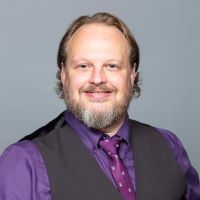 Dr. Scotty Butcher
Dr. Scotty Butcher Dr. Yannick Tousignant-Laflamme
Dr. Yannick Tousignant-Laflamme